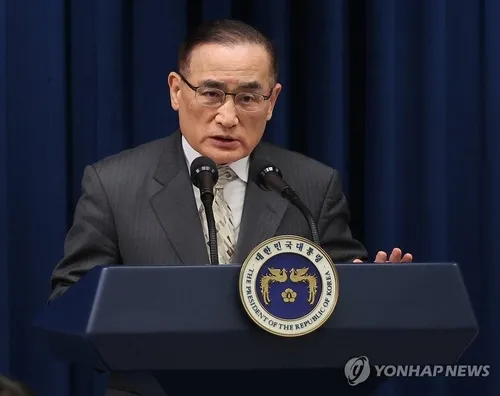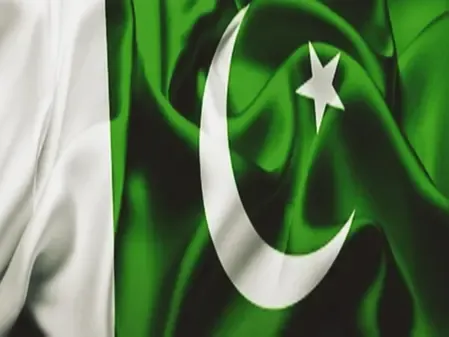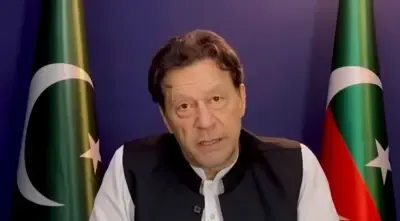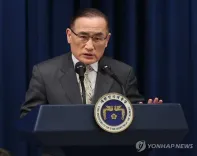Will Iran Uphold Its Nuclear Commitments After UN Resolution Ends?
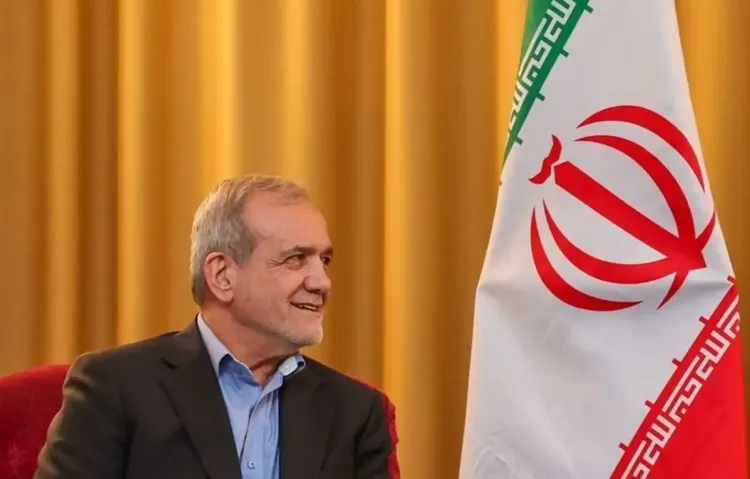
Synopsis
Key Takeaways
- Iran maintains its commitment to the nuclear deal despite the end of UN Resolution 2231.
- The country's rights to uranium enrichment will continue.
- The E3's snapback mechanism has reignited tensions.
- Iran's compliance with the JCPOA has been inconsistent since the U.S. withdrawal.
- Future diplomatic efforts are essential for regional stability.
Tehran, Oct 20 (NationPress) The cessation of UN Security Council Resolution 2231 will not influence Tehran's core obligations under the 2015 nuclear agreement, which includes its commitment to refrain from developing nuclear weapons, stated Iranian Foreign Ministry spokesperson Esmaeil Baghaei during a press briefing on Monday.
Despite the expiration of both Resolution 2231 and the Joint Comprehensive Plan of Action (JCPOA) on Saturday, Iran's rights to uranium enrichment and peaceful nuclear initiatives will persist, Baghaei informed reporters, according to Xinhua news agency.
He criticized the E3 nations—France, Britain, and Germany—for lacking a genuine commitment to negotiations, pointing out their initiation of the 'snapback' mechanism to reinstate sanctions ahead of the resolution's expiration.
Baghaei highlighted that Iran had fully complied with its JCPOA obligations until 2019, while other signatories did not meet their responsibilities from the start. He emphasized that the U.S. exit from the JCPOA in 2018 severely impacted Iran, leading to a reduction in its commitments.
Iran entered the JCPOA with Britain, China, France, Germany, Russia, and the United States in July 2015, agreeing to impose restrictions on its nuclear program in exchange for lifting sanctions, including those from the UN. However, the U.S. withdrew from the agreement in May 2018 and reinstated sanctions against Iran.
In late August, the E3 activated the 'snapback' mechanism, resulting in the reinstatement of UN sanctions on Iran.
The Iranian Foreign Ministry declared that, starting Saturday, all UN Security Council resolutions and limitations concerning Iran's nuclear program are no longer legally enforceable.


